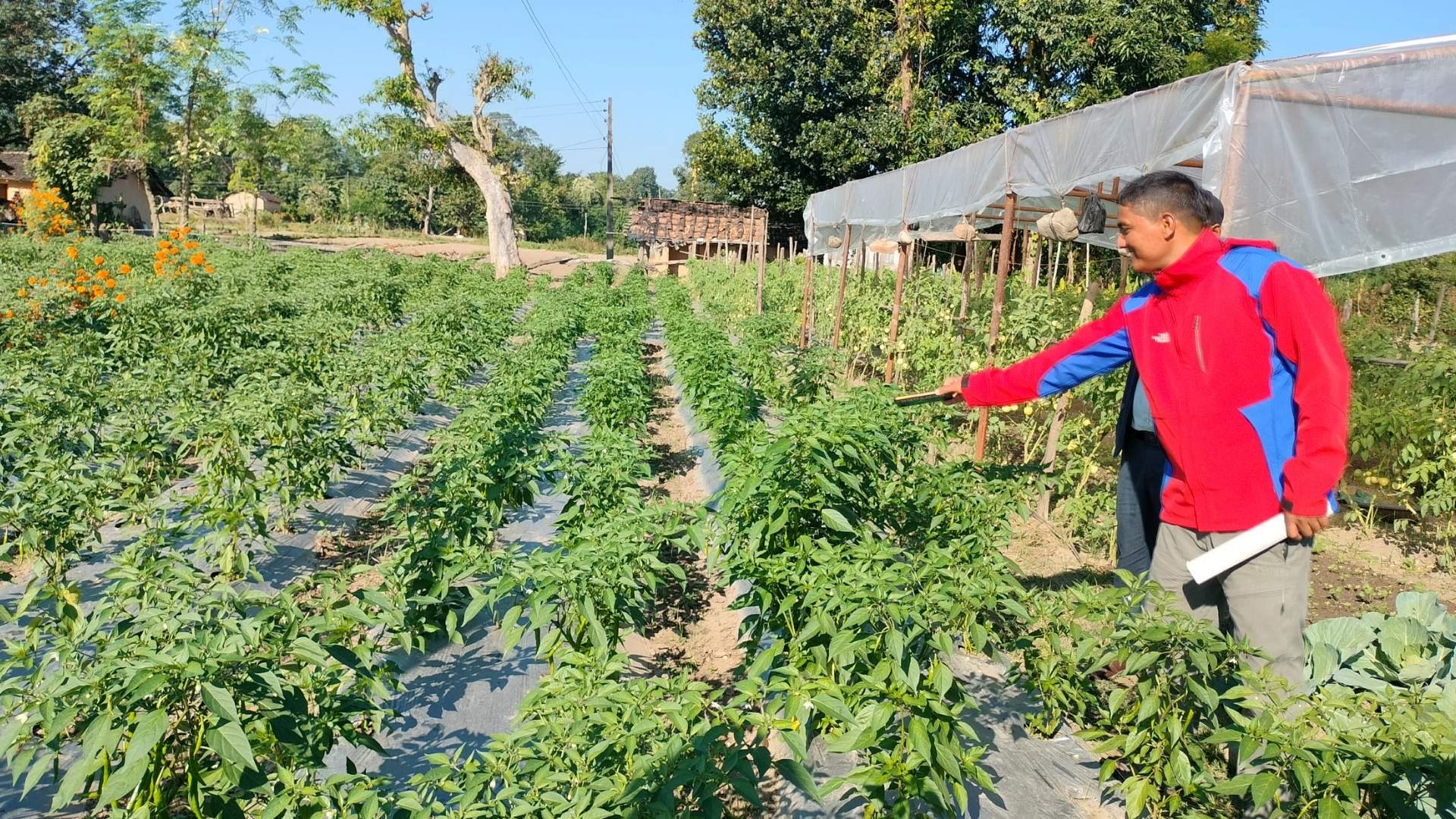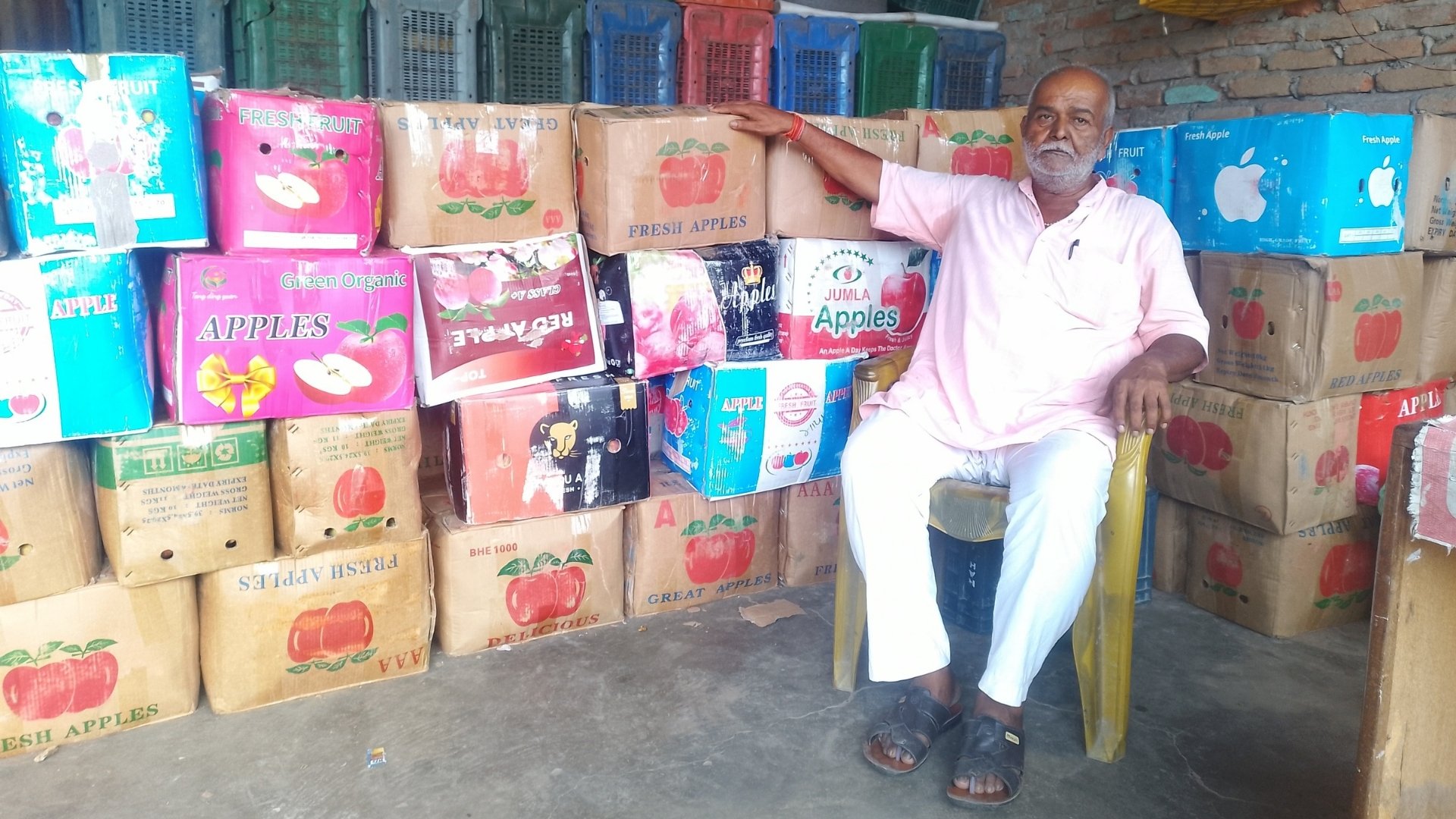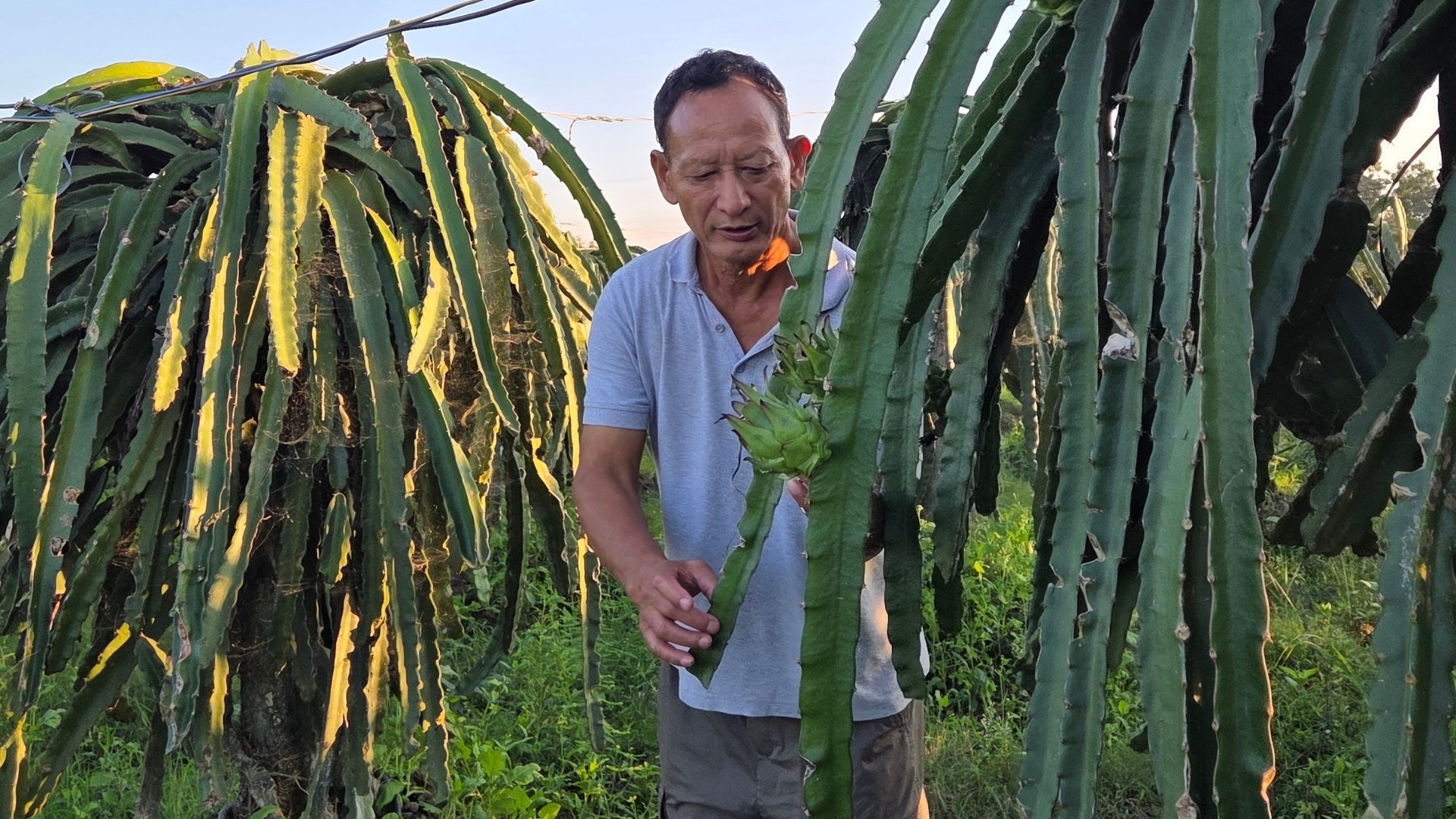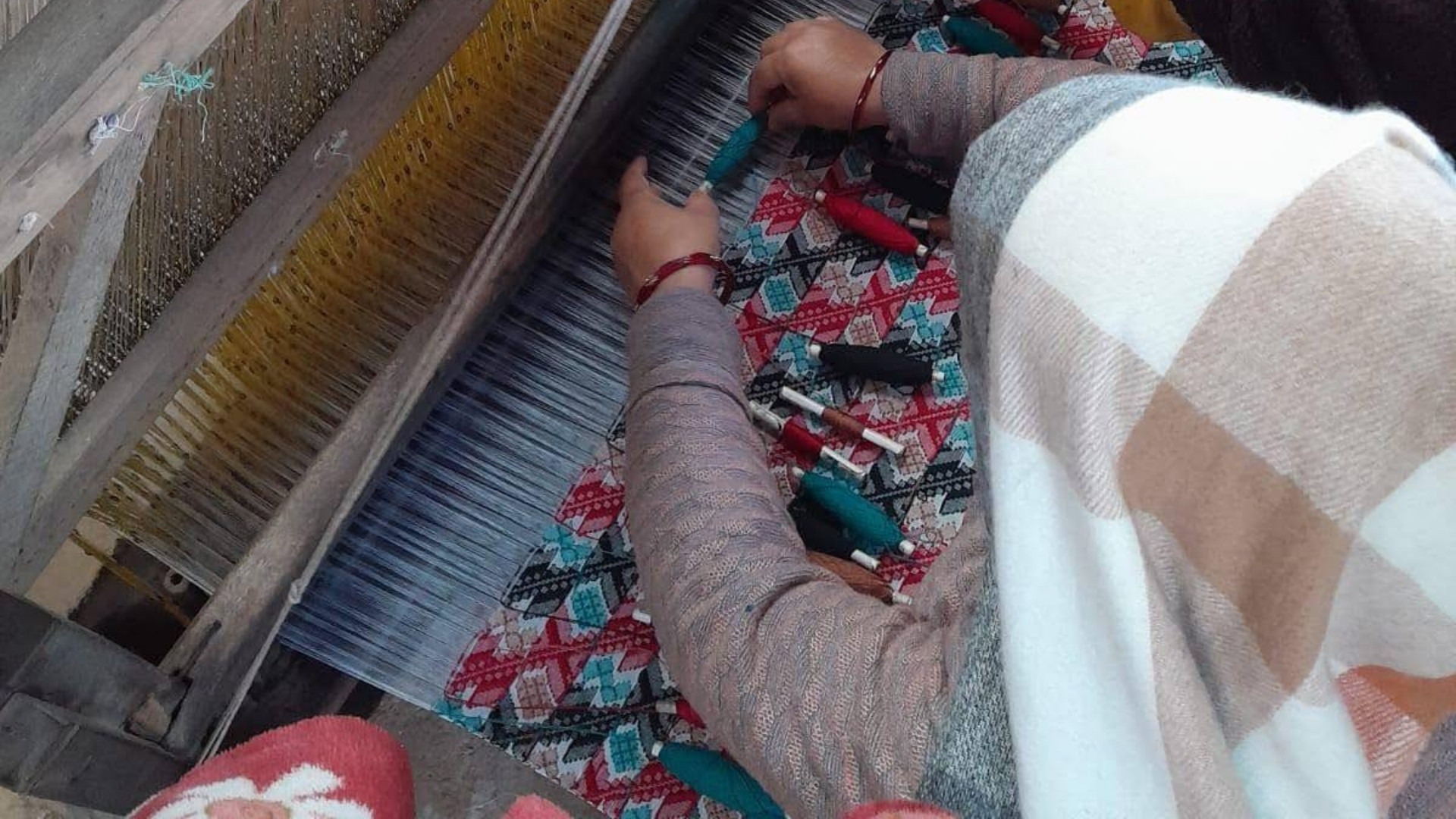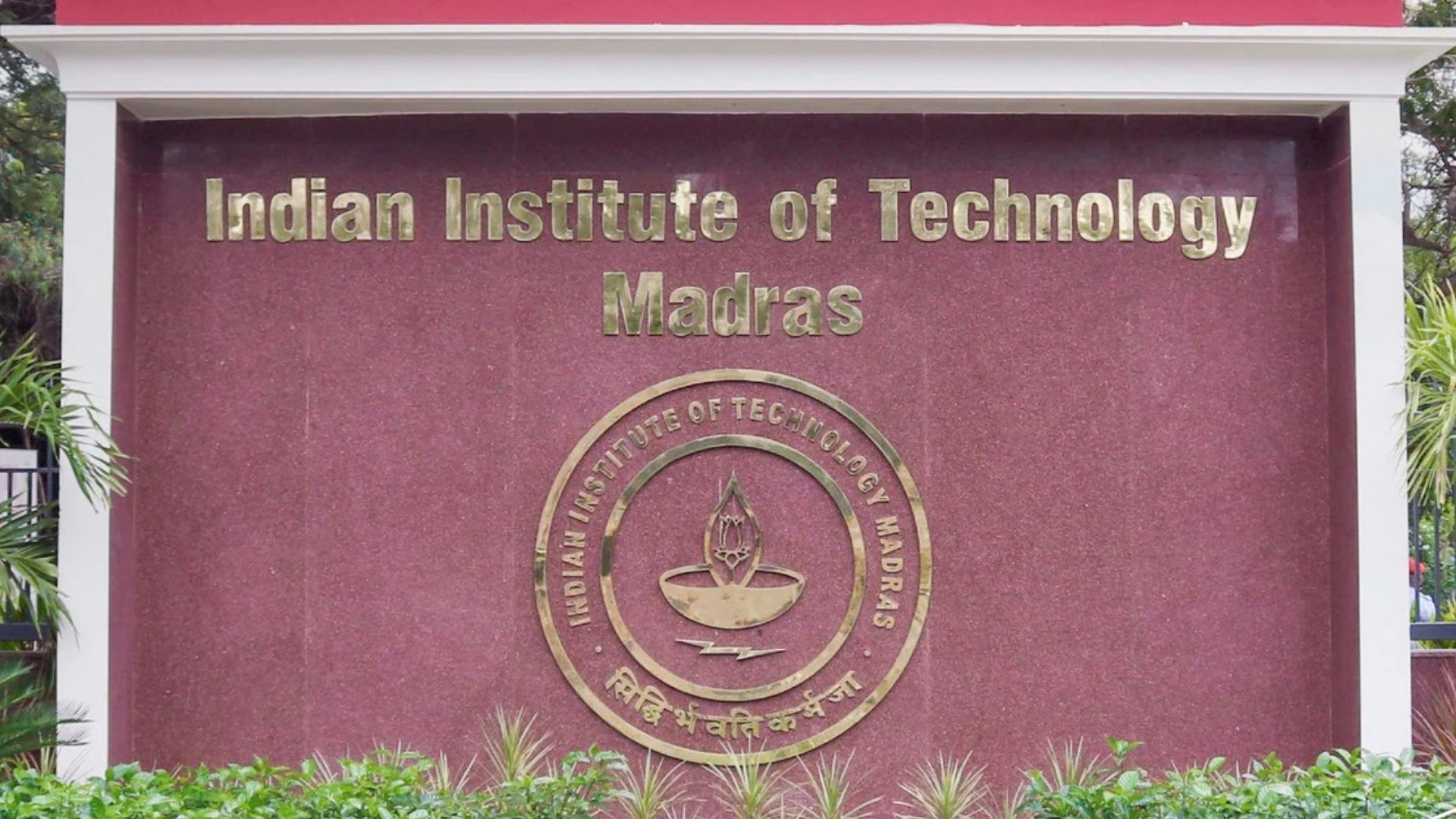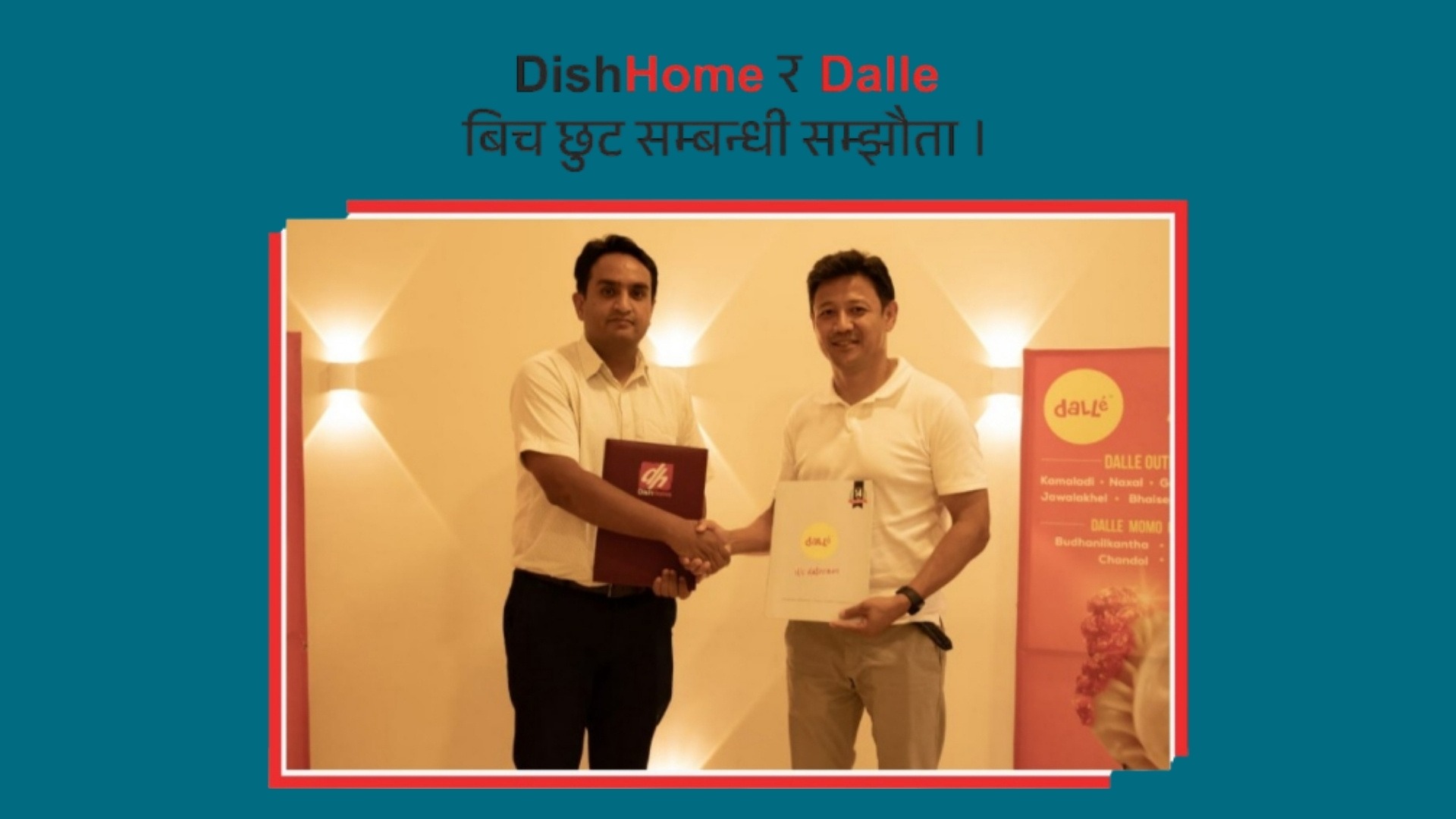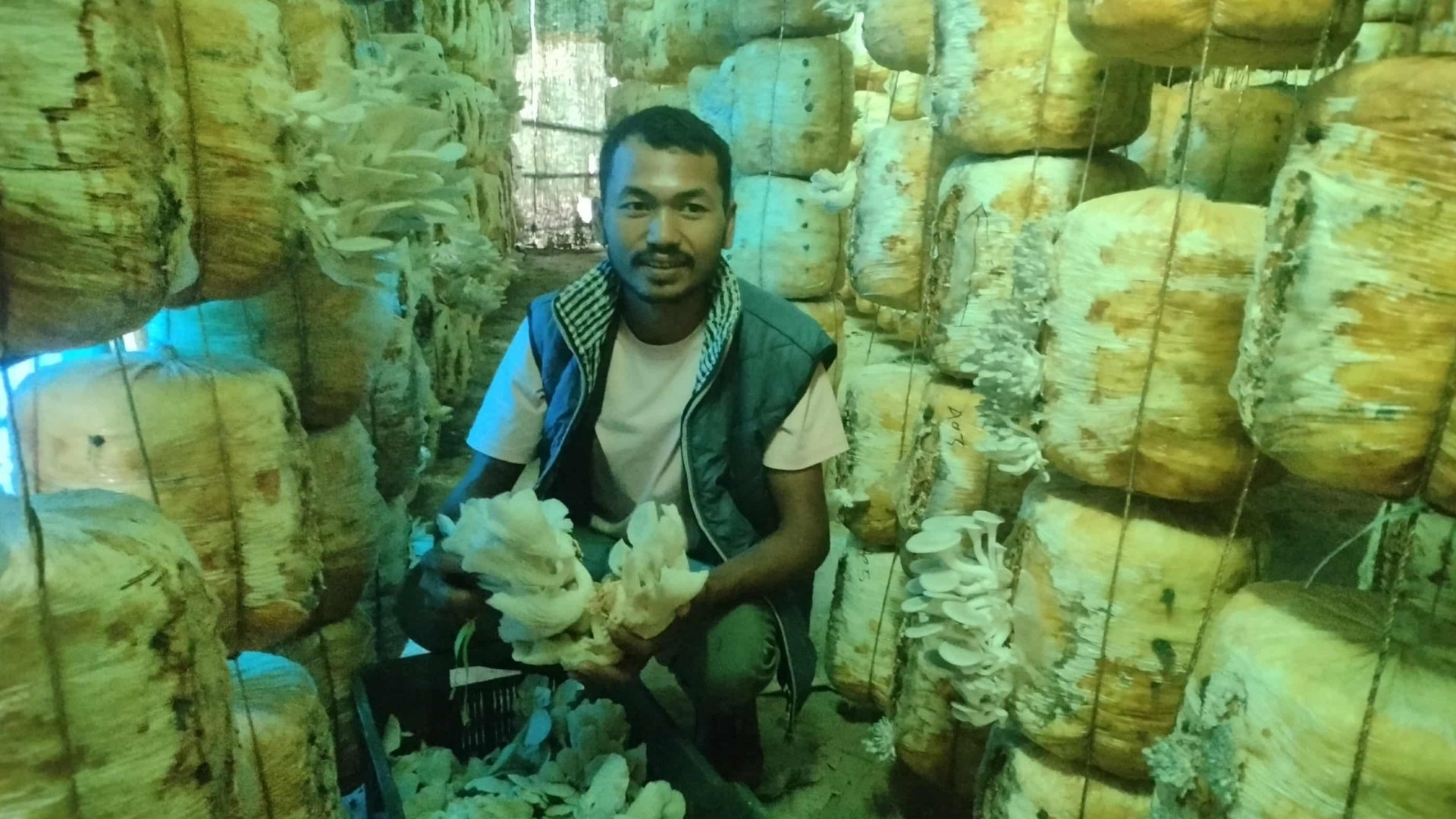The use of mulching plastic among farmers has seen a sharp rise in recent years, according to Vinay Raj Joshi, Agriculture Development Officer of Shuklaphanta Municipality.
In Ward No. 8, Naukheri, former bonded laborers (muktakamaiya) engaged in commercial vegetable farming have adopted mulching technology to improve productivity. Traditionally reliant on conventional farming methods, these families were introduced to modern techniques by the Muktakamaiya Women Development Forum in Dhangadhi. The forum provided training to 25 muktakamaiya families on the use of mulching plastic and modern cultivation practices, said former chairperson Kaushila Chaudhary.
“We arranged technical support and trained the muktakamaiya families in modern vegetable farming methods to help raise their income levels,” she said. “We also provided seeds, chemical fertilizers, pesticides, and fungicides with government subsidies.”
Local farmer Swastima Chaudhary shared that since adopting this technology, they have been freed from many of the problems they faced before, such as pest infestations and weed growth. “This method is effective in retaining soil moisture,” she said, adding that most farming families have been using mulching plastic for the past three years to cultivate chili, tomato, and capsicum.
According to her, yields from mulching-based cultivation are nearly double compared to traditional methods. Previously, a farmer could hardly earn between Rs. 50,000 and Rs. 70,000 per season, but with this technology, they are now selling vegetables worth between Rs. 200,000 and Rs. 500,000.
Agriculture Officer Joshi confirmed that the use of mulching plastic has rapidly expanded among farmers in recent years, and muktakamaiya families using it have achieved notable production increases.
“This technology helps retain soil moisture, control weeds, and increase crop yields,” he explained. “Mulching plastic prevents the evaporation of soil moisture, ensuring crops have adequate humidity for a longer period. It reduces the need for frequent irrigation and promotes efficient water use.”
He added that by blocking sunlight from reaching the soil, weeds cannot grow—saving both labor and cost. The technology also helps regulate soil temperature, keep plants healthy, reduce soil-borne diseases and pests, and minimize the use of chemical pesticides.
Joshi further noted that mulching prevents fertilizers from being washed away by rain or irrigation, maintains soil nutrients, and enhances overall productivity.
According to Forum Chairperson Seema Chaudhary, the organization has been running programs for the past five years aimed at improving the income of muktakamaiya women through vegetable farming, pig farming, and poultry farming. Just two days ago, 16 muktakamaiya farmers involved in vegetable cultivation received mulching plastic sheets entirely free of cost.
Ward Chairperson Bahadur Singh Mahara expressed satisfaction that muktakamaiya families are becoming self-reliant through commercial farming on small plots of land. “Most muktakamaiya families used to depend on daily wage labor for survival,” he said. “Now, some are earning income through modern vegetable farming, while others are engaged in skill-based occupations. The ward office has been encouraging such families to continue pursuing commercial ventures.”


